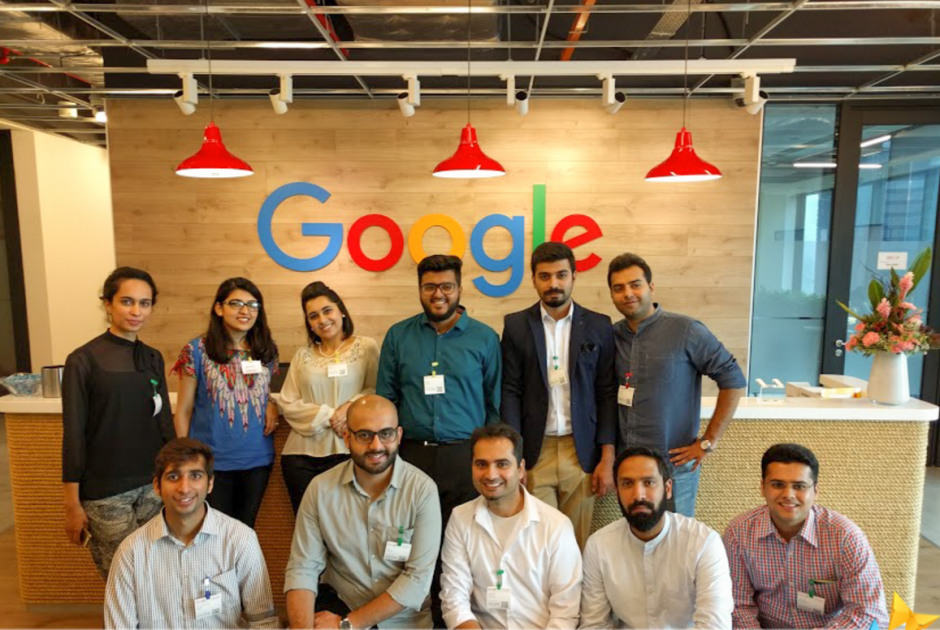Launchpad Accelerator gives Google an opportunity to work with and empower amazing developers, who are solving major challenges all around the world — whether it’s streamlining digital commerce across Africa, providing access to multimedia tools that support special needs education, or using AI to simplify business operations.
That’s why Google is doubling down on its efforts and opening up applications for the next class of the program to more countries for the first time starting today. Here’s the full list:
- Asia: Bangladesh, Pakistan, Sri Lanka & Myanmar
- Central and Eastern Europe: Estonia, Romania, Ukraine, Belarus & Russia
- Latin America: Costa Rica, Panama, Peru & Uruguay
- Africa: Algeria, Egypt, Ghana, Morocco, Tanzania, Tunisia & Uganda
These countries will be joined by the larger list of countries that are already part of the program, including Argentina, Brazil, Chile, Colombia, Czech Republic, Hungary, India, Indonesia, Kenya, Malaysia, Mexico, Nigeria, Philippines, Poland, South Africa, Thailand, Vietnam and the Czech Republic
The application process for the equity-free program will end on October 2, 2017, at 9 PM Pakistan Standard Time. Later in the year, the list of selected developers will be invited to the Google Developers Launchpad Space in San Francisco for 2 weeks of all-expense-paid training.
What are the benefits?
The training at Google HQ includes intensive mentoring from 20+ Google teams and expert mentors from top technology companies and VCs in Silicon Valley. Participants receive equity-free support, credits for Google products, PR support and continue to work closely with Google back in their home country during the 6-month program. Hear from some alumnus about their experiences here.
What does Google look for when selecting startups?
Each startup that applies to the Launchpad Accelerator is considered holistically and with great care. Below are general guidelines to help startups understand what Google look for in the candidates.
All startups in the program must:
- Be a technological startup.
- Be targeting their local markets.
- Have proven product-market fit (beyond ideation stage).
- Be based in the countries listed above.
Additionally, Google is interested in what kind of startup they are. Google also consider:
- The problem you are trying to solve. How does it create value for users? How are you addressing a real challenge for your home city, country or region?
- Does your management team have a leadership mindset and the drive to become an influencer?
- Will you share what you learn in Silicon Valley for the benefit of other startups in your local ecosystem?
Google’s mission is to organize the world’s information and make it universally accessible and useful. Through products and platforms like Search, Maps, Gmail, Android, Google Play, Chrome and YouTube, Google plays a meaningful role in the daily lives of billions of people and has become one of the most widely-known companies in the world. Google is a subsidiary of Alphabet Inc.
Image – LUMS Center for Entrepreneurship.











